Spring brings with it clear markers of growth of our students. Returning from Spring Break, we notice students springing up physically and reflect on the great progress seen in the school year. As Ms. Miller-Sims rounds out her first year as Head of School at BASIS Independent Brooklyn’s Lower School campus, she wanted to share some of her thoughts with our community.
“This time of year is really exciting because students do really physically grow a lot and that growth is really noticeable – whether they are sprouting out of their trousers, their scooters need to be adjusted,” commented Ms. Miller-Sims. “One parent actually shared that they grew out of their helmet. There’s lot of actual physical growth happening and hand-in-hand with that we tend to see a lot of social-emotional growth and academic growth, of course. It is a really exciting time of the year here.”

Embracing a Growth Mindset
Ms. Miller-Sims has spoken extensively about embracing a growth mindset. This focus stemmed from her years as a Learning Expert Teacher and then as a Dean and Director of Student Affairs. Having a growth mindset means that you are open to feedback and to being really reflective on what you need to change and grow as a person. We think of a fixed mindset as somebody who is very set in their ways and just doesn’t want to change what to do. They think that everything they are doing works the way it is.
“A growth mindset – especially with children – is very important,” said Ms. Miller-Sims. “It helps manage tendencies toward perfectionism. We want children to feel comfortable with that sense of failure in a safe way so they can acclimate to it and take in the feedback to grow and change rather than developing more of a fixed mindset thinking that they have to be perfect all the time.”
Pulling Through at Home
Ms. Miller-Sims suggests parents and guardians start to pull through embracing a growth mindset at home, too. Whenever families have the time to do so, really allow students to experience struggle whether it is really something they are physically trying to do for the first time, such as a student learning to tie their shoes for the first time. Of course, guide them, but let them do it themselves and experience what it feels like to not be able to do it and then reach that success when they finally can.
Supporting Growth in Our School
This time of year is also one for growth with our teachers. Ms. Miller-Sims starts first rounds of performance reviews with teacher observations in the first Trimester. “Now is the time I am starting the second round, and that will lead into exciting conversations about the next school year,” said Ms. Miller-Sims.
Next year a really exciting change coming down the pike is having all of PreK to Gr. 2 classes together at our Lower School campus. “It has been really exciting to look at ways to continue supporting our students, review applications of new students who will be joining our community, and think of what families need from us to be a supportive environment that bonds together to create a cohesive community.”

